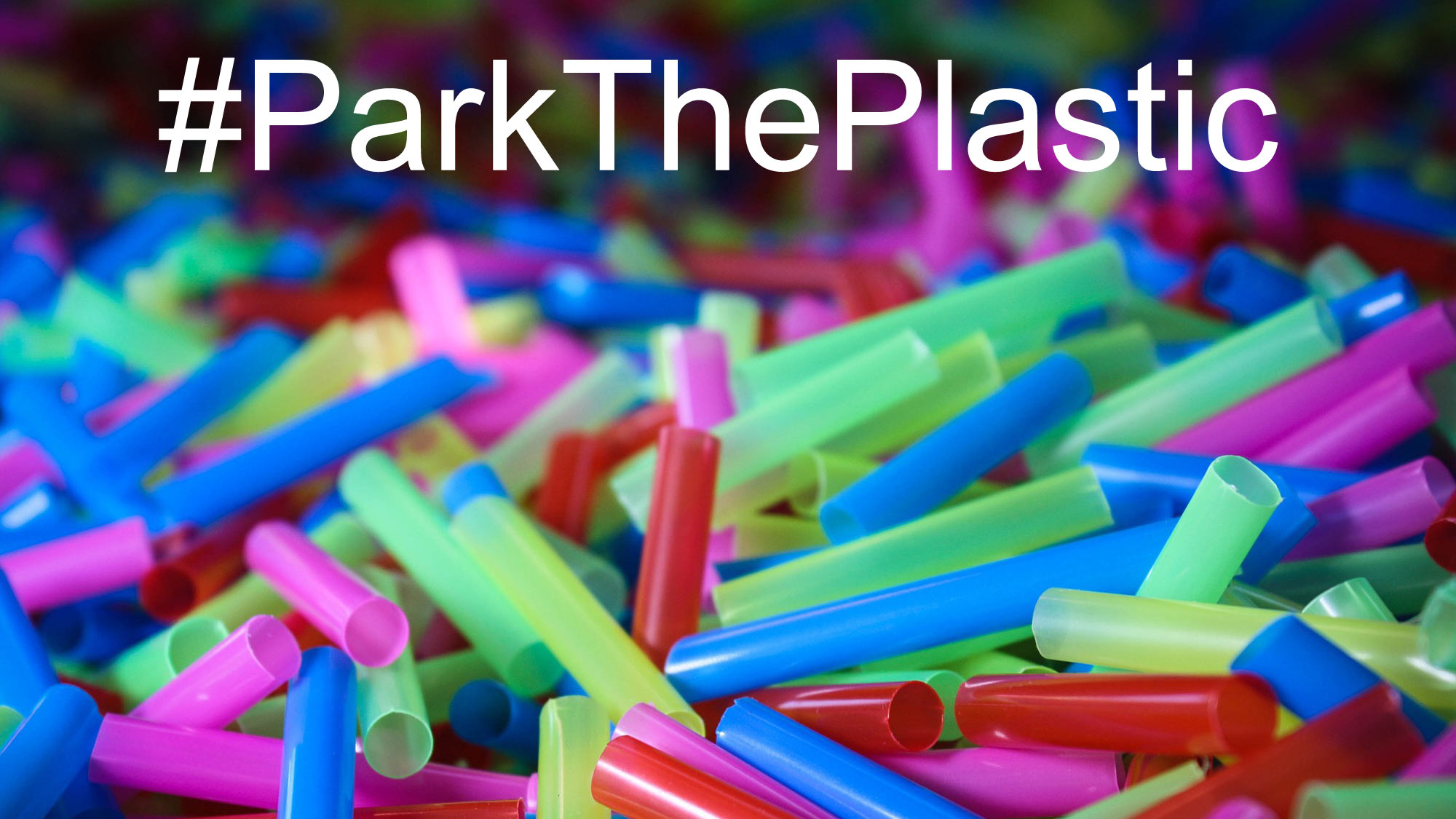The Success of I Love Meet and Greet’s Reusable Metal Straw Giveaway: A Triumph for #ParkThePlastic

In an era where environmental consciousness is rapidly evolving, the movement to reduce plastic waste has taken centre stage. A shining example of this commitment is the success of I Love Meet and Greet’s innovative campaign, #ParkThePlastic, which aimed to tackle the pervasive issue of single-use plastics. This campaign not only highlighted the environmental impact of plastic straws but also demonstrated the power of grassroots initiatives in driving positive change.
The success of the #ParkThePlastic campaign can be traced back to a significant moment in 2020, when Michael Gove, the UK Government’s Environment Secretary, announced a nationwide ban on plastic straws. This landmark decision was part of a broader strategy to curb plastic pollution, which has become a pressing global issue. The ban was a pivotal move in reducing the environmental footprint of plastic waste, particularly in marine environments where such debris poses a severe threat to wildlife.
I Love Meet and Greet had launched their #ParkThePlastic campaign back in 2018, aimed at promoting the use of reusable metal straws as an eco-friendly alternative. In a bid to encourage widespread adoption, the organization gave away an impressive 4,000 free metal straws. This generous giveaway was not merely a promotional stunt but a strategic initiative to spark a larger conversation about sustainable practices and the impact of plastic pollution.
The campaign’s kickoff was marked by a compelling news article titled "The Plague of Plastic Straws," which effectively captured the urgency of the issue. The article underscored the detrimental effects of plastic straws on the environment and outlined the benefits of transitioning to reusable alternatives. By providing 1,000 metal straws free of charge, I Love Meet and Greet aimed to directly engage the public and offer a practical solution to a common environmental concern.
The success of the #ParkThePlastic campaign can be attributed to several key factors. Firstly, the timing of the campaign was impeccable, aligning with the heightened public awareness thanks to David Attenborough’s TV programme featuring turtles maimed by plastic straws left as litter in the ocean.
Moreover, the campaign effectively leveraged the power of media and social platforms to amplify its message. Through strategic partnerships and targeted outreach, I Love Meet and Greet ensured that their campaign reached a broad audience. The visibility of the campaign was further enhanced by the media coverage surrounding the giveaway, which played a crucial role in educating the public about the environmental benefits of switching to reusable straws.
The impact of the campaign was not limited to the distribution of metal straws alone. By sparking conversations about plastic pollution and sustainable alternatives, I Love Meet and Greet successfully raised awareness about the broader issue of single-use plastics. The campaign also demonstrated the potential for similar initiatives to drive meaningful change at both individual and collective levels.
The success of #ParkThePlastic serves as a testament to the effectiveness of grassroots efforts in promoting environmental sustainability. It highlights the role that organizations and individuals can play in addressing global challenges through localized actions. By providing tangible solutions and fostering a culture of environmental responsibility, I Love Meet and Greet’s campaign has set a precedent for future initiatives aimed at reducing plastic waste.
In conclusion, the #ParkThePlastic campaign by I Love Meet and Greet stands as a powerful example of how targeted, well-executed campaigns can drive significant environmental change. The initiative not only contributed to the reduction of plastic straw usage but also inspired a broader movement towards sustainability. As we continue to grapple with the challenges of plastic pollution, campaigns like #ParkThePlastic remind us of the impact that collective action and innovative solutions can have on creating a cleaner, greener world.
By Stephen Forster at 5 Sep 2024